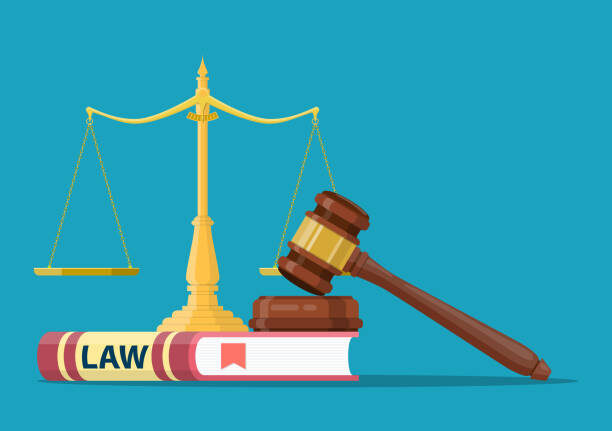

According to Article 8 (the right to respect for private and family life) of the European Convention on Human Rights (hereafter the ECHR), “1. Everyone has the right to respect for his private and family life, his home and his correspondence. 2. There shall be no interference by a public authority with the exercise of this right except such as is in accordance with the law and is necessary in a democratic society in the interests of national security, public safety or the economic well-being of the country, for the prevention of disorder or crime, for the protection of health or morals, or for the protection of the rights and freedoms of others.”
Article 13 establishes the right of anyone whose rights under the ECHR have been violated to have access to an effective remedy before national authorities, and imposes an obligation on the State to provide appropriate remedies for this purpose; In December 2022, the European Court of Human Rights (hereinafter referred to as the ECtHR) issued its judgment (see 1, 2, 3) in the case of G.T. v. Greece (application no. 37830/16).
On the other hand, as regards the applicant’s claim that the authorities’ refusal to grant his requests for emergency leave to visit his mother while she was in hospital and then to attend her funeral constituted a violation of Article 8 ECHR (see, inter alia, para. 65-66), the ECtHR concluded that there had been a violation of that Article and of the applicant’s right to respect for private and family life, as the rejection of his requests for extraordinary leave (and therefore the refusal to grant leave) had not been shown to constitute an interference “necessary in a democratic society” (see, inter alia, among others, paragraphs 68-76 and in particular paragraph 75). Furthermore, the ECtHR concluded that there had been a violation of Article 13 ECHR in conjunction with Article 8, due to the failure to provide in the national legal order for a remedy enabling the applicant to challenge the above refusal to grant leave (see paragraphs 85 et seq. and in particular 87-90 above).
Respect for fundamental rights is one of the key components of a state that is governed by the rule of law. The fundamental rights that every citizen should enjoy are enshrined in the European Convention on Human Rights. It is a primary and indisputable obligation of the state to respect these rights.
However in this case, the European Court of Human Rights held that the rejection of the applicant’s requests for leave from prison to visit his sick mother and then to attend her funeral constituted an impermissible interference with the exercise of the right to respect for private and family life and therefore constituted a violation of Article 8 ECHR. Furthermore, the ECtHR held that the absence in the domestic legal order of a remedy enabling the applicant to challenge this refusal to grant leave, constituted a violation of Article 13 ECHR in conjunction with Article 8 of the Convention.
Bank Account number: 1100 0232 0016 560
IBAN: GR56 0140 1100 1100 0232 0016 560
BIC: CRBAGRAA
![]()
In a time where the very foundations of democracy are gradually being eroded by the rise of extreme nationalism, alt-right movements, the spread of disinformation and corporate capture, the efforts of organisations such as Vouliwatch are more relevant than ever.
We rely on the generosity of each and every one of you to continue with our efforts for more transparency and accounta
By financially supporting Vouliwatch you support our litigation strategy, our campaigns for transparency and accountability in the political system, the development of new civic tech tools, our research projects and last but not least our impartial and accurate